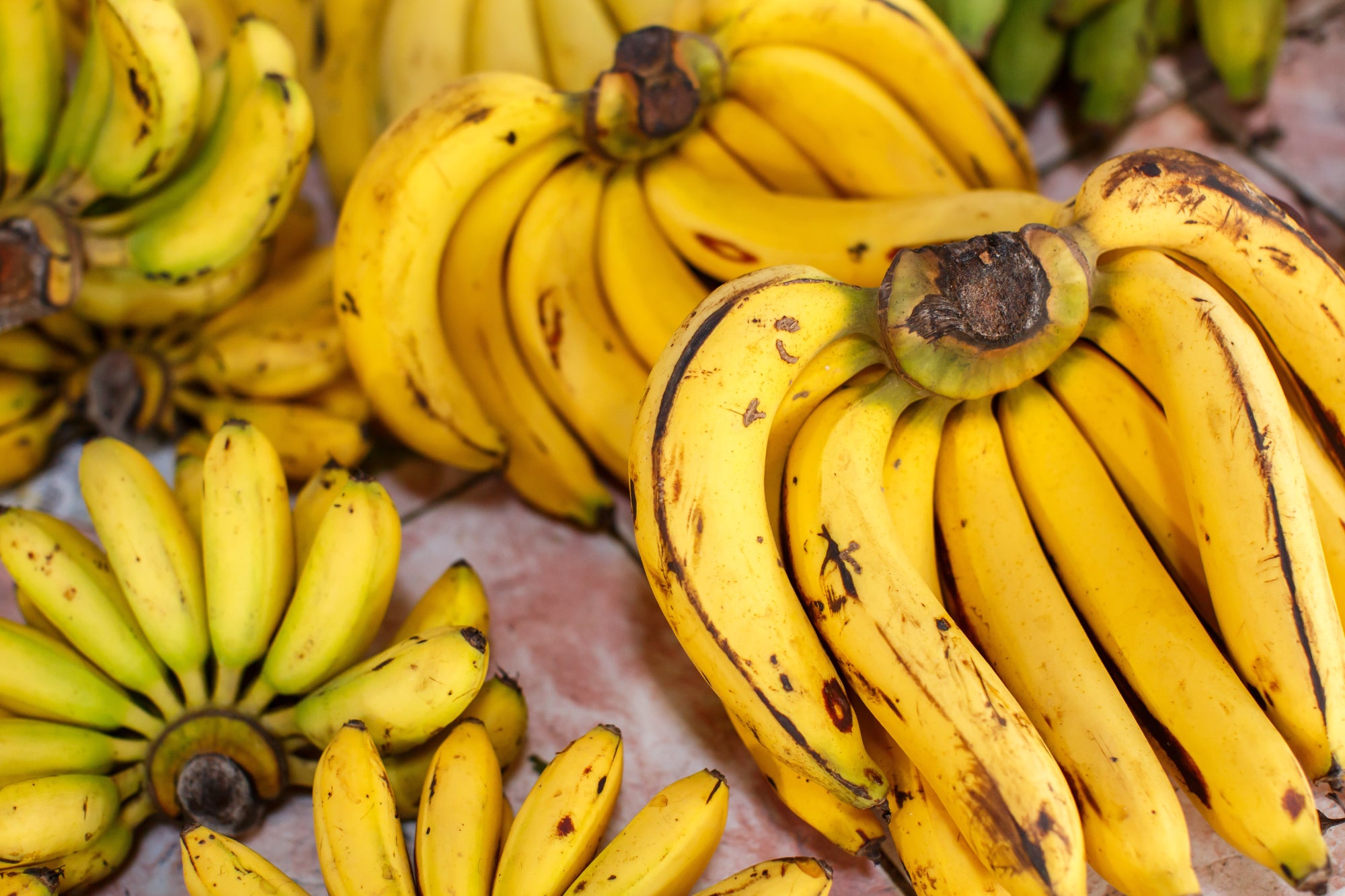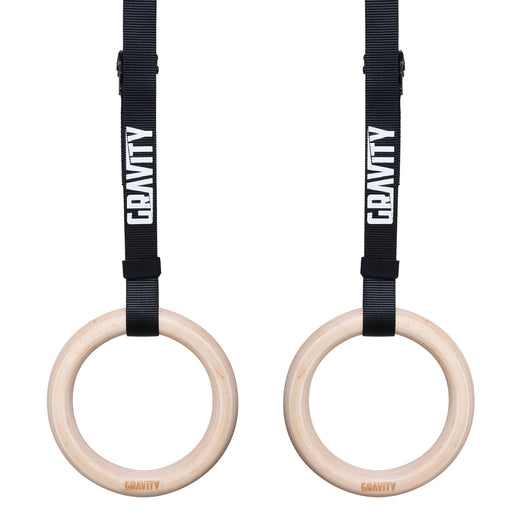What are the 3 biggest myths about carbohydrates?

What are the 3 biggest myths about carbohydrates?
We can all list some popular carbohydrate foods. Most of us have a favourite. But what’s true about carbohydrates and what is an outdated myth?
What exactly are carbohydrates?
Carbohydrate is one of the three macronutrients in foods, and many foods are predominantly carbohydrate (things like potatoes, pasta, and rice). Carbohydrate foods contain a high amount of substances like starch, sugars, or cellulose that are broken down during digestion to release energy in the body.
There have always been myths and misunderstandings around carbohydrates and carbohydrate foods, and since the popularity of keto (and other low carb diets) these have become more widespread. Let’s look at the three most common myths about carbs, and set the record straight so you can decide for yourself.
Carbohydrate myth: carbs are fattening
Do carbs make you fat? Not unless you eat too many of them, no! The myth that carbohydrate foods make you put on weight is mystifying, but we’ll try to break it down.
In terms of calories, carbohydrates are equal to protein (at 4 kcal per 1g) and less caloric than fats (which have 9 kcal per 1g). But carbohydrate (which have the same caloric load as protein) is regularly blamed for weight gain. What gives?
It’s probably because carbohydrate foods aren’t always filling. So, whilst carbohydrate isn’t high in calories, it can be easy to overeat on carbohydrate foods.
Another reason for the “carbs make you fat” myth might be that people forget how much fat is in many carbohydrate foods. Things like pizza, cookies, chocolate, and cake are high in carbohydrates…but they’re also high in fat. And when you recall that fat has more calories per gram, you can see the problem.
Carbohydrate has no magical ability to make you gain weight. But, if you overeat on carbohydrate, you could gain weight (the same way you could if you overeat any type of food).
Carbohydrate myth: carbohydrate leads to blood sugar spikes
Carbohydrate is often demonised because it “spikes blood sugar”. But what does this mean, and is it actually a bad thing?
It is true that eating or drinking carbohydrate raises the level of glucose in your blood. And for some people, this can be a problem that needs managing. If you’re one of those people, you’ll already know about it and have the medical advice you need.
For everyone else, it really isn’t a problem. “Postprandial hyperglycaemia” (blood sugar spike after eating) is natural, and nothing to worry about unless you are pre-diabetic. If you eat a balanced, healthy diet and get regular exercise, those small blood sugar spikes are harmless.
The take-home point? If you’re diabetic, you’ll already know how to manage your blood sugar. If you’re not, eat a healthy and balanced diet, get most of your carbohydrates from wholefood sources (that retains its fibre), and get regular exercise including walking. Blood sugar spikes are part of how your body uses food.
Carbohydrate myth: carbs are addictive
There is nothing addictive about carbohydrates or sugar (which is pure carbohydrate). However, carbohydrate foods can be very tasty. They’re also readily available, tend to be cheap, and often don’t fill you up. So it’s easy to see why some people say they “can’t stop eating carbs”.
This isn’t the same as them being addictive. And there’s nothing wrong with eating carbohydrate as part of a balanced diet. Your carb consumption only becomes a problem if it leads to you overeating on total calories, or if it leaves no room in your diet for protein, healthy fats, and wholefoods.
If you struggle to stop eating certain carbohydrate foods, look at the bigger picture. What’s in it (sugar?) How easy is it to overeat (crisps, sweets). What is it about the food that makes it hard to stop (saltiness, sweetness, texture?)
Be sensible. If a certain carbohydrate food is becoming a problem, stop buying it or remove it from the house. But don’t demonise all carbohydrates. There’s a big difference between 500g boiled potatoes and 500g pick & mix sweets.
Is carbohydrate important for strength and fitness?
Wholefood carbohydrates have several nutritional benefits – they are a good source of dietary fibre, vitamins, and minerals, and can fill you up for relatively few calories.
Carbohydrate is the body’s preferred source of energy, so if you are active you are likely to benefit from carbohydrates (especially before and after training).
Ultimately, you can get by without eating any carbohydrate. But most people find it beneficial to eat some carbohydrate as part of a balanced, sociable diet. Don’t be scared of carbohydrates, make your own decision about their place in your diet.





































